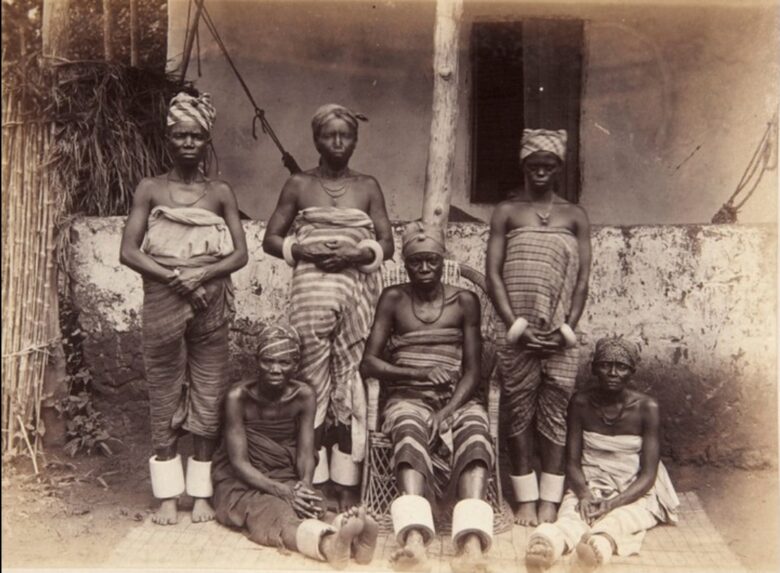The history of the Igbo tribe is an especially interesting one that has been told throughout generations among these fascinating people.
Like many other African cultures, much of its history is expressed through myths and legends that tell of the achievements of their ancestors and give them a glimpse into how life was hundreds (and even thousands) of years ago.
Though many of us have learned so much about the Igbo tribe, much of its past remains a mystery, with discoveries popping up every day. Here are 5 interesting facts about the ancient Igbo tribe you probably didn’t know:
The Igbo People Came from Eri, a Sky Being Sent by Chukwu
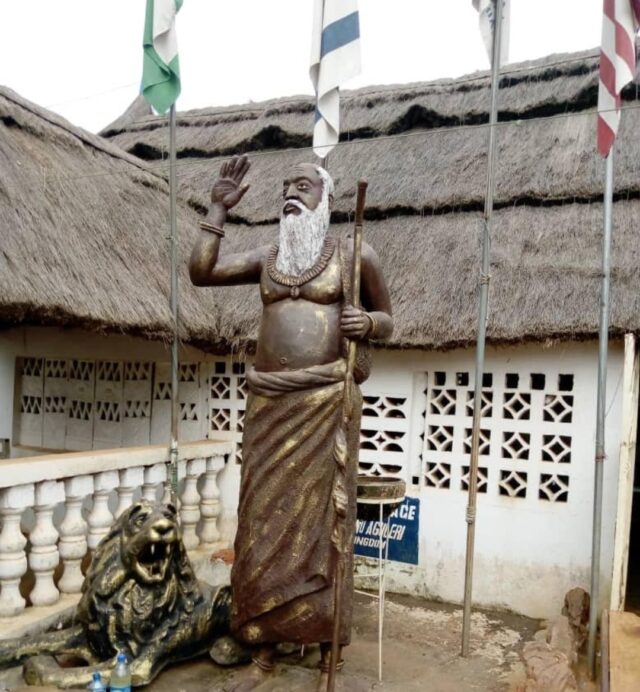
Or at least, this is what is believed.
Eri is believed to be a god-like messenger sent down to earth by Chukwu, the ultimate deity of the Igbos, and is said to have begun the Igbo tribe.
When Eri came down, he saw that the earth had water everywhere and told Chukwu about this. Chukwu helped him turn the land into a fruitful one by sending other supernatural beings, like Awka the blacksmith, who dried the watery land and made it what it is today.
Children Were Usually Nude Till Adolescence
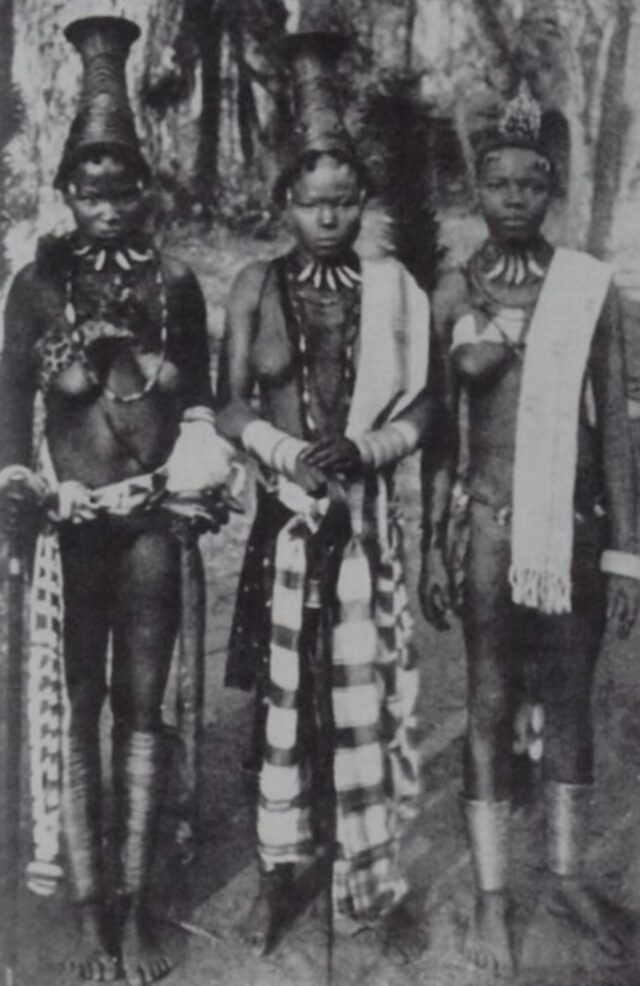
Though ancient Igbo attire generally consisted of little clothing to hide their private parts, little children were considered very much undeveloped and therefore had nothing to hide. So, they ran around with absolutely no clothing.
Since adolescence was when puberty kicked in, the teenagers were given a piece of cloth to cover only their bottom half, leaving their chest bare.
Igbo people had traditional scars called Ichi
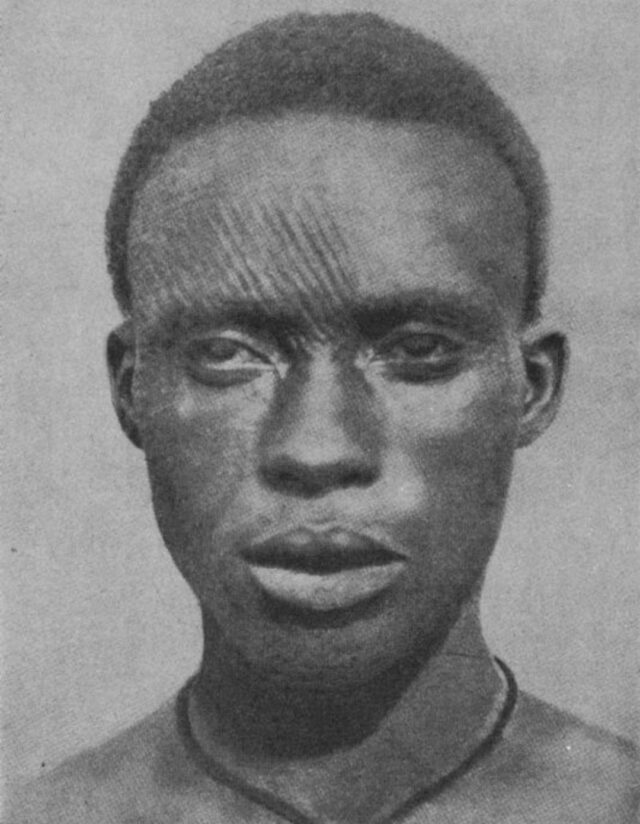
Ichi was a facial ritual scarification worn mainly by Igbo men. It indicated that the wearer had gone through the first step of initiation into the aristocratic Nze na Ọzọ society, and was therefore considered noble and held in high regard in the community.
Those who had the scars were considered to hold the sacred power of the Eze Nri (Priest of Nri) and were authorised to perform ritual cleansing on the people and to confer titles on them.
Men were sat on
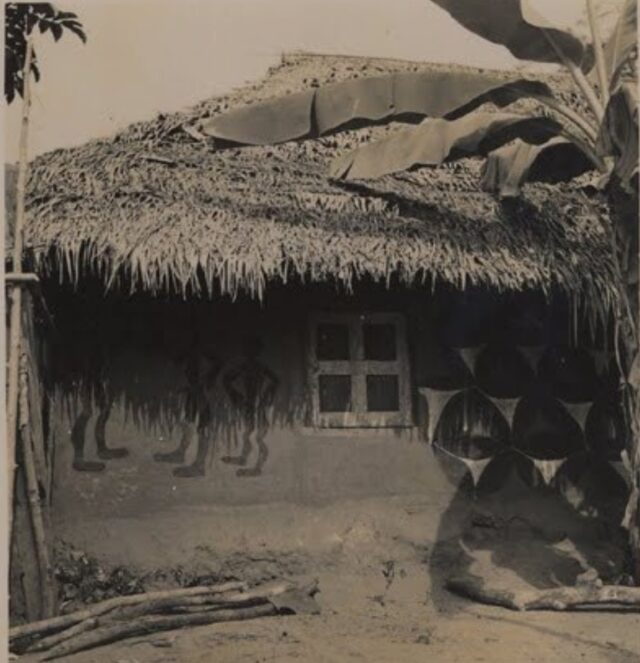
‘Sitting on a man’ was a very popular and effective way for women to enact change in ancient Igboland. It involved the women, usually following a general agreement to do so, coming into the private space of a man (perhaps his home or workplace) and performing some acts to make the man uncomfortable, such as dancing, singing, giving detailed grievances about the man’s behaviour, beating his house walls with a pestle, and even tearing off his roof.
This was also referred to as ‘making war on a man’ and served as a tool for women to maintain the balance of both social and political power throughout pre-colonial times
Women could marry wives
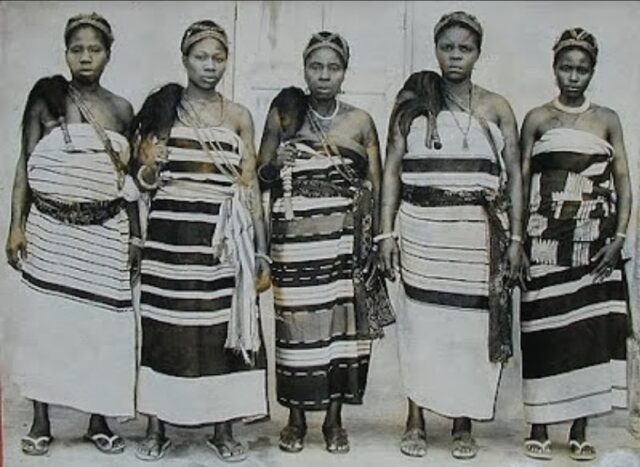
Igbo women in ancient Igbo practised woman-to-woman marriage, though this mainly occured when at least one of the women was considered to have achieved very high status, influence and wealth in the society. These kinds of women were sometimes referred to as having the ‘brain of a man’.
Those women who were allowed to marry their gender must have reached menopause and may even marry wives for their sons, husbands or relatives.
This and the fact that kings who had no male heir appointed their daughters (usually the Ada) to be king shows that a woman could have an influential standing in ancient Igbo society. Doesn’t that change the narrative a bit?
As I said before, the history of the Igbos is a very interesting one and these facts do nothing but prove that. It definitely ranks high as one of the most intriguing to study among all the Nigerian tribes.
Also Read: The Era of Slave Trade in West Africa





